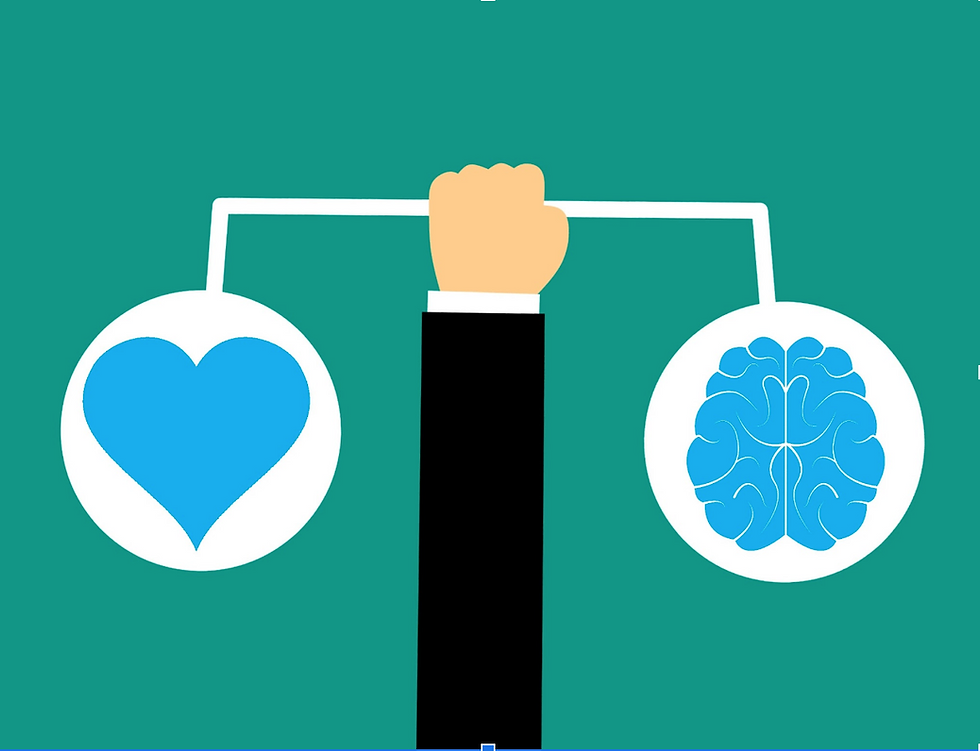Supporting Your Child's ADHD Brain
- theoriesinlearning

- Aug 7, 2025
- 3 min read

Identify what you can and can’t control. This helps with understanding what your child is capable of doing. ADHDers usually have a hard time focusing on more than a couple items at a time. Observe how many requests or tasks they can keep in mind before they forget what needs to be done. A few things that can support their memory are:
● White boards for notes or tasks so they can refer back to it and check off what they have finished.
● Write on the bathroom mirror with a dry erase marker.
● Have them do tasks to specific songs. This keeps them motivated and helps them gauge how much time they have left.
● If they have a cell phone, have them set alarms or timers for different tasks.
Regulating When your child is frustrated about something they may go into fight or flight mode and become unregulated. They may get loud, or defiant. When this happens their brains are flooded with cortisol and their brain's reasoning turns off until they are regulated again. Collaborate with your child on ways that will aid them to regulate and bring their reasoning back online. It is helpful to do the activity with them. This shows them that they are loved and supported even when they are not at their best. Some examples may be:
Coloring
Walking
Playing a favorite song
Singing
Building legos
Playing with toy cars
Dancing
Sitting quietly with them
Validate / Reframe / Problem Solve Once they are calm you can ask them, “What do you think happened?” or “why do you think you reacted that way?” Try to be curious and not judgmental. This allows them to explain what they think, oftentimes they naturally don’t know why they acted a certain way and are apologetic. This gives you a lot of insight into how they function as a person and allows you to collaborate on how to work on preventing it from happening again.
Listen to their frustrations- Ask them “Do you want me to listen or would you like me to collaborate with you to solve the problem. Sometimes, especially with older kids, they just want to be supported while they vent so they are heard and can process their feelings.
Mirror Neurons- It can be very hard to stay calm when your child has done something that they shouldn’t or that frustrates you. If you raise your voice they will match it or go higher which will escalate the situation. If you find you need to calm yourself, tell your child you need to take a couple of minutes to think. This gives you time to breathe and collect your thoughts so that you’re able to calmly discuss the situation. Taking a moment to regroup also models language and behavior that they can use in the future. Then when you are ready you can sit down with your child to Validate, Reframe, and Problem Solve.
Building Relationships- Spending time with your child doing something they like is huge! If they see that you are investing in them and their interests, you will notice that your relationship and communication with them will improve.
Find Their Strengths And Build Them Up- Find out what they enjoy doing and help them develop those skills. This will help them be more resilient and have a positive outlook on who they are, keeping their self-confidence intact. Make sure to compliment them when they do things well. This will go a long way because they get a lot of negative feedback.
Notice The Process Along The Way To The Result- This allows them to feel successful, so they continue to work even if their first attempt wasn’t productive. You want to build resiliency and grit.
The Power Of YET- you're not there YET. The power of YET allows your child to know that they can achieve their goal. If they didn’t make it on the first attempt, that is ok. They can try again. Acknowledge the small steps made to encourage and motivate them on their way to completing their end goal. Organize Style- Most ADHDers have difficulties with remembering, organizing, starting, staying, and completing a task (executive functions). Don’t assume your way of organizing something will work for them. Especially as they get older, collaborate on different ways they can organize their assignments and information so they are confident in knowing how to access it when needed.
Some Examples are:
● Color-code the different subjects
● Paper organizer
● Google Calendar
● There are special apps for organizing
Find Your Tribe Of People who are understanding and will support you along the way.
Patience Is Rooted In Understanding- Educate yourself and your family so that you have an understanding of each other and can be supportive of one another.



Comments